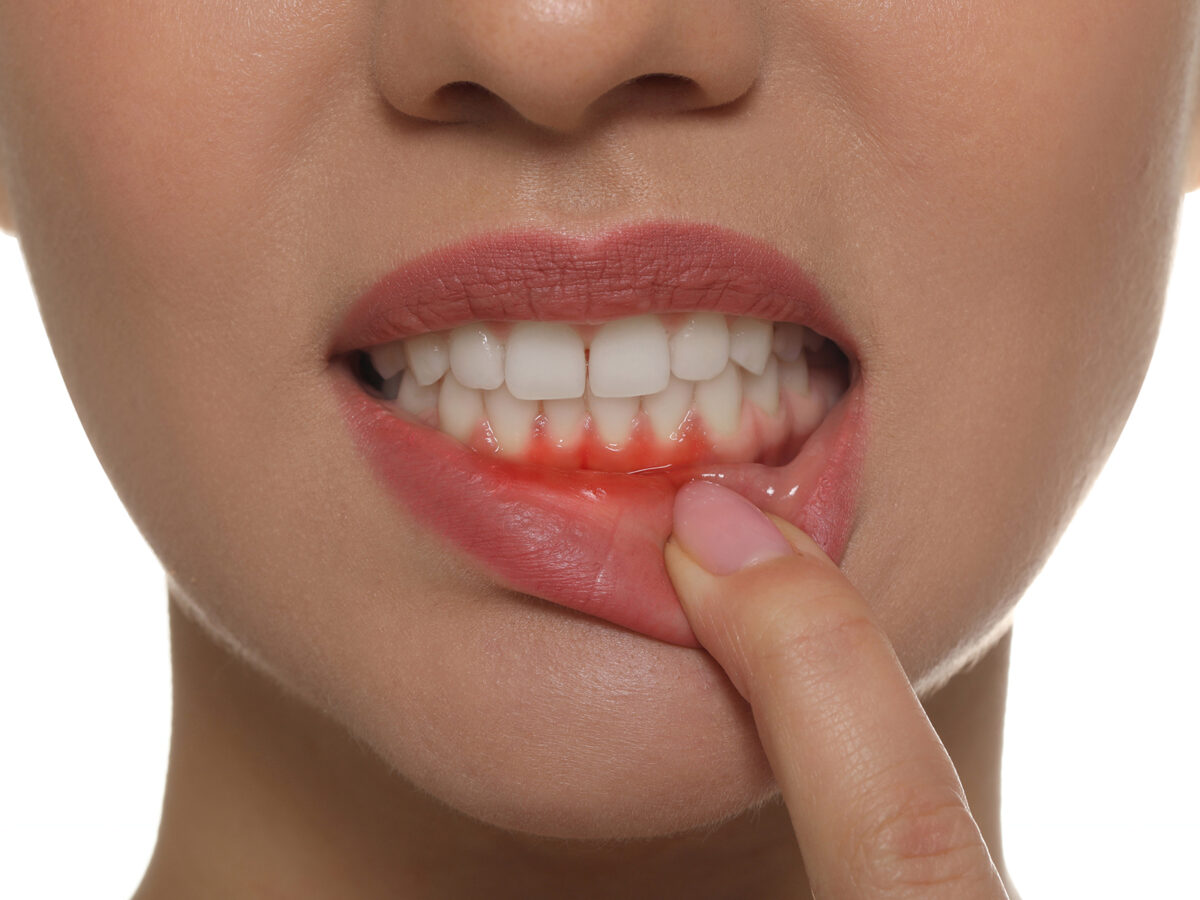The link between vitamin insufficiency and gum ailments is often interlinked. Gum ailments are a common complaint and a major worry for many people. Teeth can be affected by all of these factors. The consumption of vitamins and minerals aids in maintaining a good oral health.
Lacking them can have disastrous effects on your oral health. If you are someone suffering from gum ailments or want to safeguard yourself from gum ailments, unravel more about it in this article.
Do your food choices affect your teeth and gums?
Many people consider how their food choices affect their teeth. Sugar or starch are two such components known to promote tooth decay. However, your teeth and gums can be affected from the inside out by the food items you eat. Teeth and gums might suffer from vitamin shortages when people do not eat enough foods rich in certain nutrients.
Which Vitamin deficiency is responsible for causing Gum problems?
A lack of certain vitamins causes various gum ailments. It can be affected by a wide variety of vitamins and minerals. These nutrients are necessary to keep your teeth and gums healthy and your smile radiant.
They are vital to your health and well-being, not just your smile. Vitamins, like minerals, are essential in bone growth and development. They serve a similar purpose in the process of tooth development. These are the primary vitamins:
Deficiency in Vitamin A
Vitamin A is essential for a healthy immune system. Your teeth and gums may be more susceptible to damage if your immune system is compromised. The effect may be to make teeth more vulnerable to decay. Gum disease is one of the issues that might arise from this. These will give off an unattractive vibe and will invite problems for your gums too.
However, it’s not all that happens to people’s teeth. Saliva can impair saliva production. It’s a built-in safeguard for your mouth. It prevents dry mouth and eliminates bacteria and plaque. Plaque formation and bacterial proliferation are sped up in their absence. However, sticky food particles do not break down and might cling to your teeth for quite some time. Teeth staining and dental cavities will be the results of all of them.
Insufficiency of Vitamin B12
Gum ailments are caused by a deficiency of vitamin B12. Vitamin B12 is, along with vitamin A, one of the key nutrients of gums and teeth. Gum disease, commonly known as periodontitis, can be caused by a lack of vitamin B12.
Vitamin B12 is an essential mineral for healthy gums. Gum recession can develop as a result of advanced gum disease. When your gums recede, your tooth roots become more visible. Bacteria can quickly destroy unprotected tooth roots, creating a discolored and unsightly smile.
Insufficiency of Vitamin C
Lack of Vitamin C causes Scurvy and it weakens your immune system. Gums and teeth also benefit greatly from vitamin C. It’s vital to your body’s natural defenses, too.
Consumption of the right amount of vitamin-rich foods will give you a more bacteria-resistant mouth. This implies improved oral health and a brighter smile. Plaque and bacteria will have free reign over your teeth if you do this because your saliva aids digestion and wards off microorganisms simultaneously.
In the End…
If you find yourself in this situation, you must talk to your dentist. Remember that a healthy diet is also essential for a stunning grin, as the vitamin content of some supplements may fall short of your requirements. Have a vitamin-rich diet and ward off all gum ailments.


